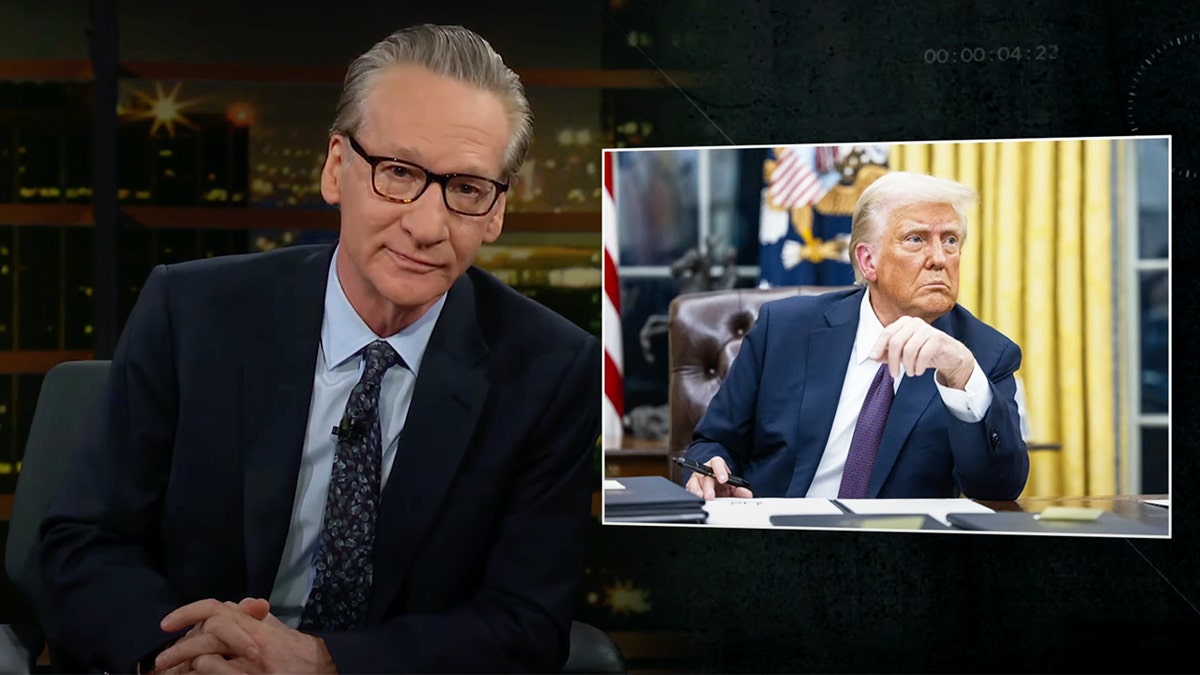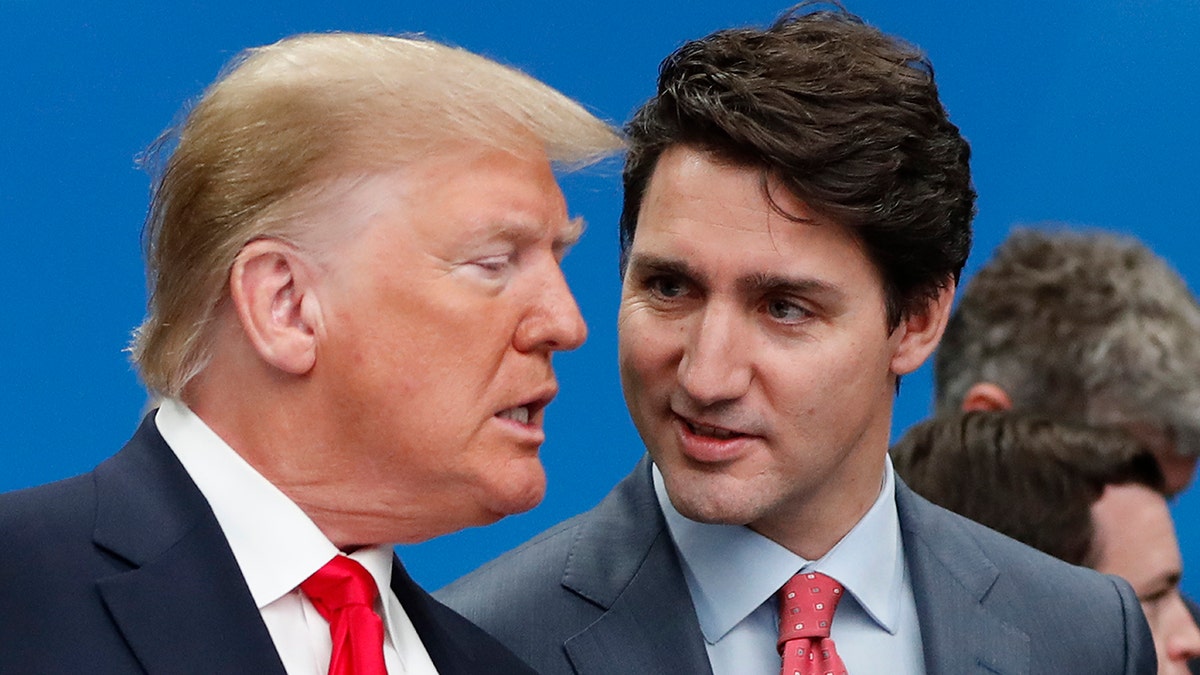Despite previous speculation about leaving television if Donald Trump returned to the presidency, Bill Maher has confirmed he's staying put on his show "Real Time." In a recent appearance on CNN, Maher reaffirmed his commitment to the program.
On a recent episode of "Real Time," Maher expressed his frustration with the state of the American government, calling it "broken" on multiple fronts. He cited recurring government shutdown threats as a prime example of this dysfunction, comparing the situation to his own past experiences with financial struggles.
Maher's critique extended beyond government shutdowns. He pointed to issues such as gerrymandering, lobbying influence on legislation, the Electoral College, and the lack of communication between political parties as further evidence of a broken system. He challenged viewers to identify any aspect of government that isn't currently facing significant problems.

Maher's monologue highlighted the high cost of healthcare in the US, despite producing worse outcomes compared to other developed nations. He also criticized the soaring cost of living in major cities like New York, citing the substantial income required to afford an average apartment. He argued that the current economic system isn't sustainable while a large portion of the population struggles with basic necessities.
While acknowledging the widespread economic hardship, Maher dismissed the idea that a Trump presidency would offer any solutions. He displayed an image of Trump while emphasizing the need for a more realistic approach to addressing the nation's problems.

Maher suggested that a path forward requires both Republicans and Democrats to acknowledge their weaknesses, specifically citing healthcare for Republicans and immigration for Democrats. He expressed hope for finding common ground through a centrist approach to policy-making, advocating for a more collaborative and less divisive political landscape.








